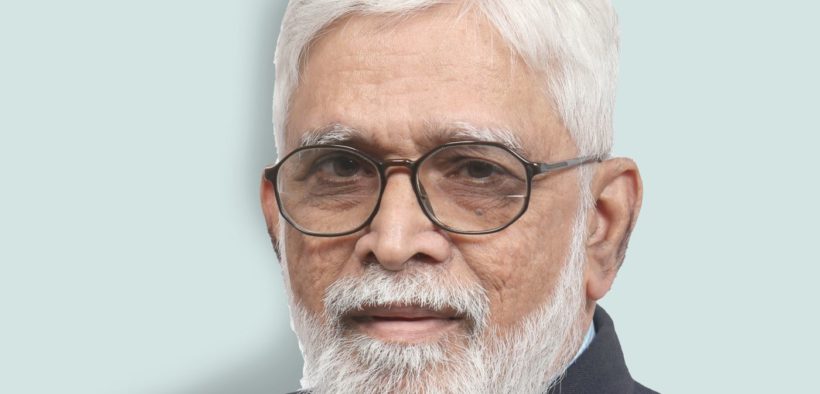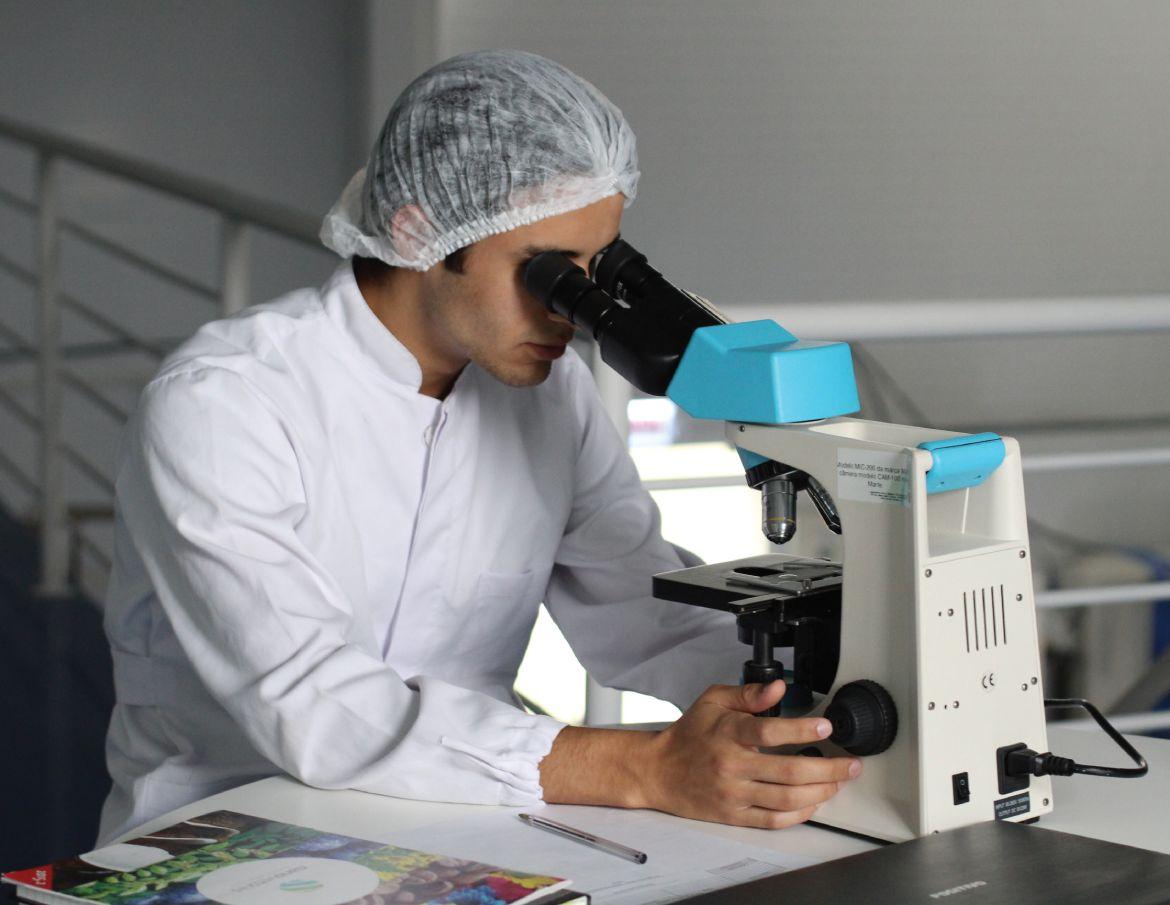Bridging The Gap

Dr. Ulhas Ganu, CEO of the Mumbai-based pharmaceutical consultancy, Advisors in MedicoMarketing and Management, has been associated with the field of oncology for five decades now. He was Senior Scientific Officer at the Cancer Research Institute of the Tata Memorial Centre. After 27 years in research, he moved on to become a medical advisor and director with the pharmaceutical industry. An excerpt from our conversation with Dr. Ganu :
Tell us a little about what you do
Advances in cancer research are a continuous process. The number of cancer cases diagnosed is increasing consistently, due to a combination of factors like widespread awareness and improved diagnostic methods. The availability of time at the disposal of oncologists is inversely proportional to their workload, making it difficult for them to keep track of drug development while taking care of an ever-increasing flow of patients. It is here that my work comes into action, functioning as an effective interface between oncologists and the pharmaceutical industry by communicating recent advances in research and development, thereby adding value in an unbiased manner. It is a passion for me, to study the quality of drugs and communicate the same with doctors.

When did you realise that research was your calling?
I have always been fascinated by organic chemistry as it influences almost every sphere of life. Working in the chemotherapy division, I was more involved in medicinal chemistry and biochemistry and was blessed to have many colleagues working on different aspects of cancer like immunology, carcinogenesis and tissue culture. Later, a wonderful opportunity came my way to work with a highly knowledgeable pharmacologist, which helped develop my insights into the clinical aspects of cancer, modulating my perception of oncology.
Have you faced any challenges along the way?
Handling highly toxic and corrosive chemicals for synthesizing new molecules as potential anticancer agents was a challenge. Later, working on radioisotopes (C14, H3) and integrating them in a small organic molecule to conduct metabolic studies in rats was a challenging project. Working on Methotrexate intermediates related patent work was also very challenging.
Could you share with us a proud moment from your career?
I can think of three episodes. In 1984, I underwent a 15day training course on ‘Safety Aspects of Handling Ionizing Radiations’ at BARC. Not only did I complete it with honors, but since I was already using isotopes, I could share my experience with the fellows who had come from across India. Another memorable moment was when I received the prestigious IDMA award for work in the faculty of Phytochemistry & Pharmacognosy in 1992; my research paper was published in Indian Drugs. Yet another milestone was securing the process patent on Methotrexate intermediates.
With over 25 years of work experience as a research fellow/scientist, what has been the most interesting project you have undertaken?
Securing process patent for an important intermediate in the production of Methotrexate, paving way for its cost reduction, changed my perspective towards work: that research and development must always aim at application, public utility, and should ultimately carry commercial value.
Looking at the current status of oncology in India, how far would you say we have progressed in terms of having effective drugs and better treatment methods?
The major anticancer drugs available before the 1990s were essentially cytotoxic with low Therapeutic Index, indicating conservative therapy. Old generation anticancer drugs like Methotrexate, 5-FU or Cisplatin are still in use, thanks to improvements in supportive therapy, resulting in superior response rates and survival. The 21st century saw a focus on targeted therapy. Dasatinib and Nilotinib evolved as an option for Imatinib-resistant chronic myeloid leukaemia patients. The current century also saw the introduction of tumor-specific monoclonal antibodies, which can be used along with cytotoxic drugs, making a lot of difference to the outcome of therapy. The introduction of newer drugs with more specificity and planning of personalized therapy by making use of molecular profiling, identifying biomarkers for resistance or sensitivity to a drug predictive of efficacy or an adverse event, is improving outcomes in a better way. To sum up, we can say that research has made a huge difference in the way chemotherapy is done, through improved supportive therapy and advances in targeted therapy.
“SECURING PROCESS PATENT FOR AN IMPORTANT INTERMEDIATE IN PRODUCTION OF METHOTREXATE, PAVING WAY FOR ITS COST REDUCTION, CHANGED MY PERSPECTIVE TOWARDS WORK.”
Dr Ulhas Ganu (CEO, Advisors in Medico-Marketing and Management)
Do you think India can pave the way for the discovery of a more effective drug/ treatment method against cancer?
Of course. The public-private partnership has changed the way endpoints are sought as the industry moves more towards commercialization than pure research. That has implications for better patient care. Another important factor is seamless cooperation between multiple departments as well as institutions wherein the best brains, equipment and expertise fuse easily to increase success rates and produce quicker results.
Who has been your inspiration?
Dr. S V Gokhale, a brilliant pharmacologist, and nutritionist under whom I worked for over a decade, influenced my thinking and understanding of clinical aspects, and refined my communication skills. He encouraged me to pursue a postgraduate diploma in management studies. Dr. R Y Ambaye, my research guide, further honed my work discipline and imbibed meticulousness in me.
How do you unwind?
Being a certified yoga instructor, and having authored books on yoga and meditation, I practice yoga every single day. I meditate regularly to detoxify and rejuvenate myself. My favorite is the Shanmukhi Mudra, which gives almost instant relief when practiced for a mere 20 seconds. It is a ‘must learn’ for all stressed-out individuals
















